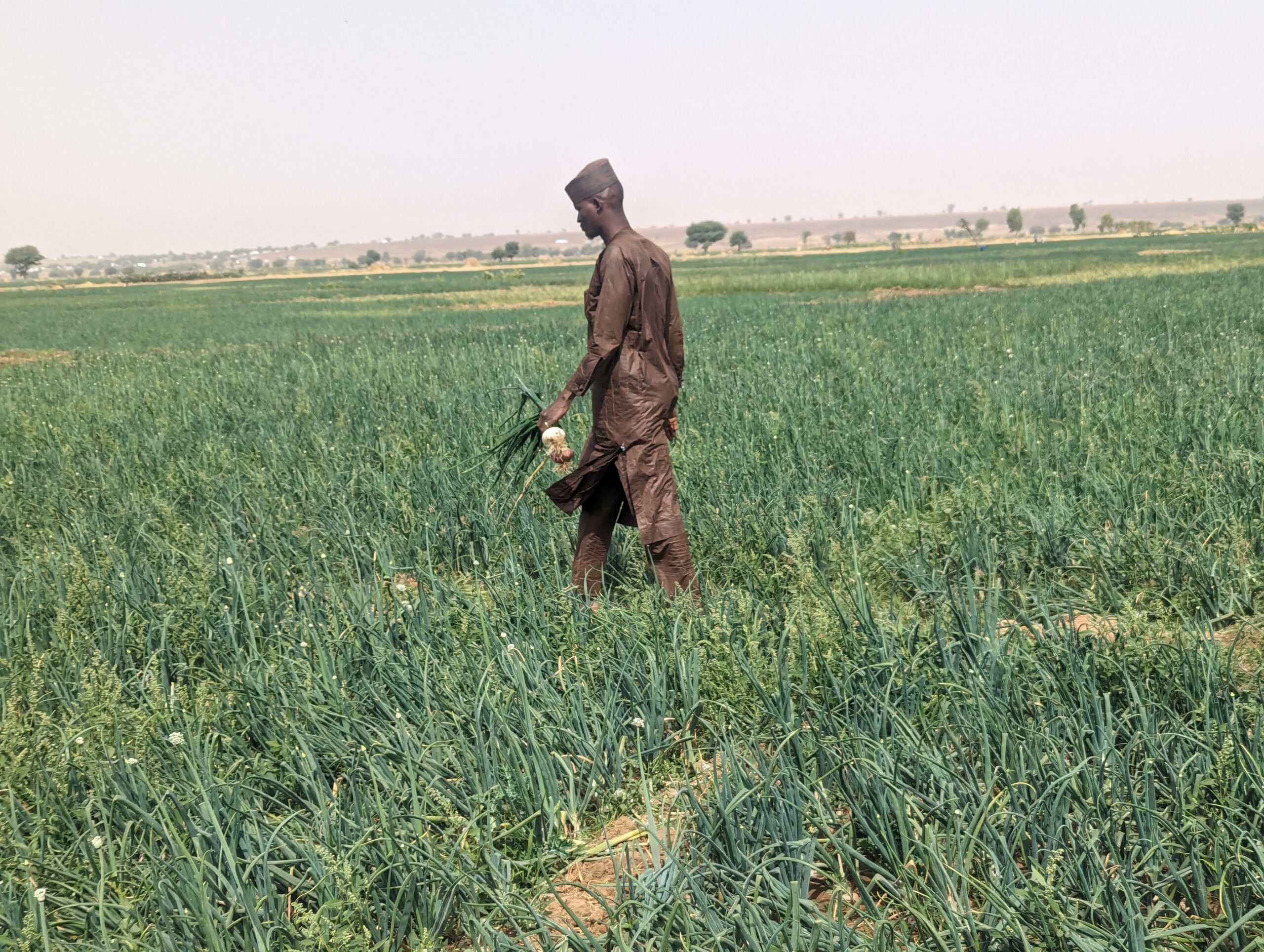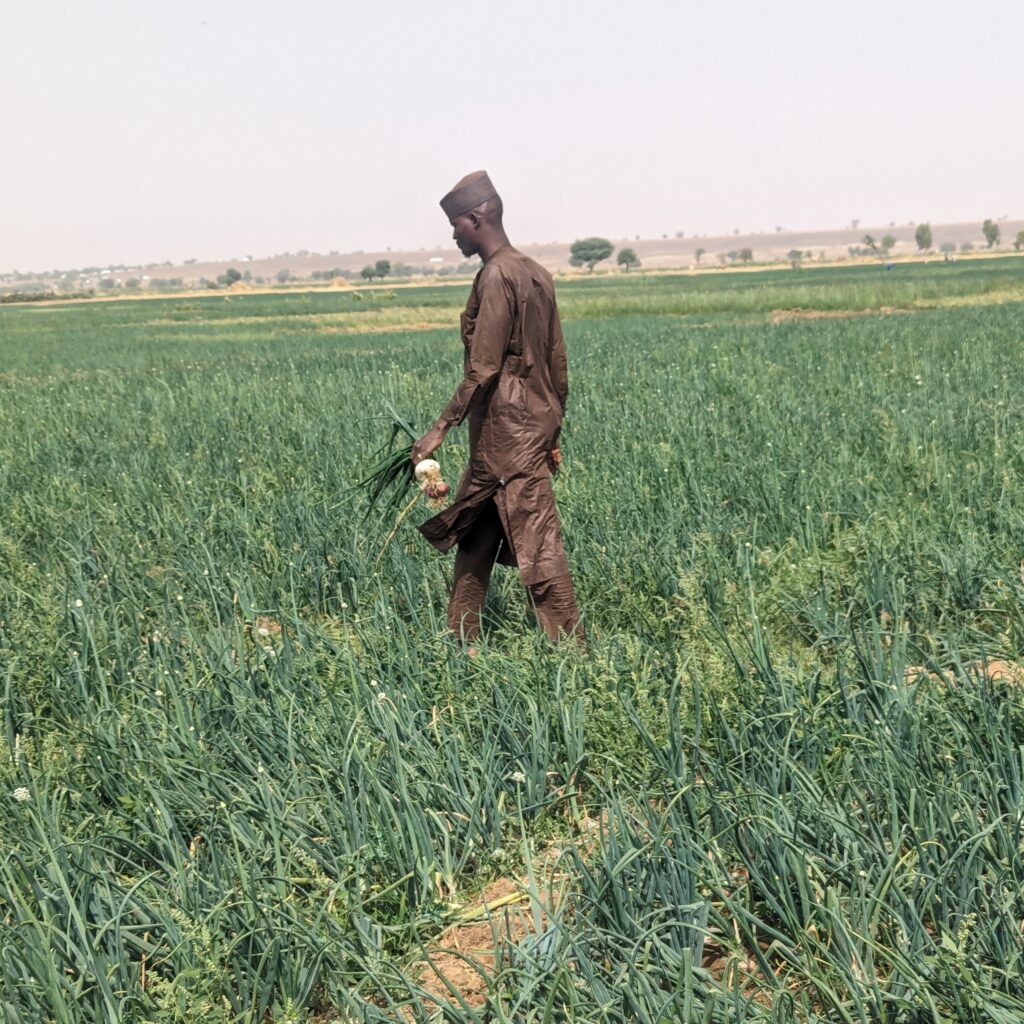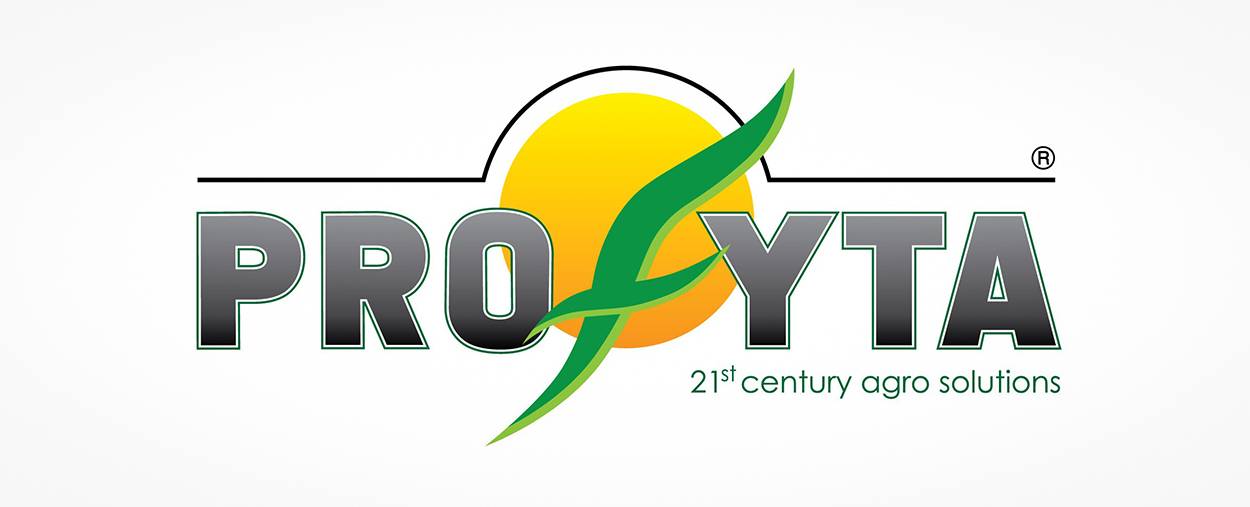In many developing countries, agriculture has been the mainstay of their economy, employing millions of people as smallholder farmers and farm workers. These farmers depend solely on rain-fed agriculture (seasonal farming) and those who have their livelihood built around this enterprise. As the population increases, the need for all-year-round food production becomes more urgent than ever before and sadly, the climate change impact has already set in, which is adversely impacting food production, leading to food crisis and contributing to food inflation. We now have more hungry people than ever recorded, a sad reality.
Flooding, pest invasion, dry spells, and drought amongst others are some of the impacts of climate change, which many smallholder farmers have been experiencing. The most consistent issue is irregular rain patterns, which is gradually becoming an annual issue therefore alternatives are Paramount. One key solution is adopting irrigation. It is technically impossible for farmers to still depend on rain-fed farming in the face of the climate crisis and expect food security; it is an aberration. We need to invest in building irrigation infrastructure and facilities that can help farmers cultivate throughout the year. This can be achieved through the establishment of new dams around major farming communities, rehabilitation of existing dams by equipping them with modern facilities that improve their efficiency, and training of technical personnel for maintenance.
Furthermore, there is a need to subsidize irrigation facilities for farmers to channel irrigation water to their respective farms, providing technical assistance to maintain irrigation facilities at the farm level and help improve water usage through capacity building. We need to make irrigation farming a new normal, in which a farmer consciously plans to cultivate crops having in mind to use irrigation throughout the production process. Over time, the cost of production would decline and at the same time, productivity would increase. This is our new reality. We need to embrace it to ensure food security.
In conclusion, the impact of climate change is changing the dynamics of farming; irregular rainfall causes irregular production of food. Sadly, the need for food is a regular demand as hunger doesn’t understand food scarcity. Therefore, we need to embrace technologies that will provide us with the certainty of increasing productivity to cushion the impact of the food crisis. Hunger is not a respecter of persons and food is the only cure to avoid this scenario. So, our food can no longer be seasonal as hunger is everyday’s reality. Let us brace up and walk the talk.
Yours-in-Service,
Babatunde O


































